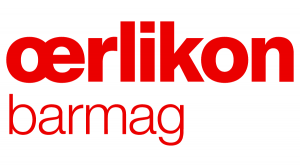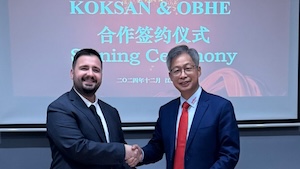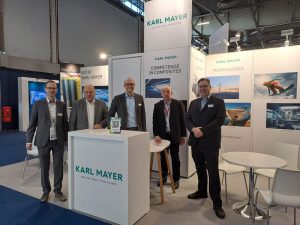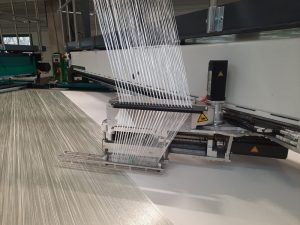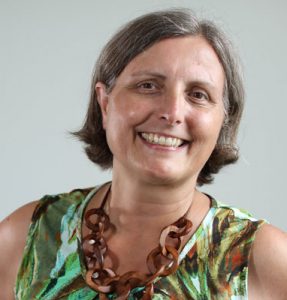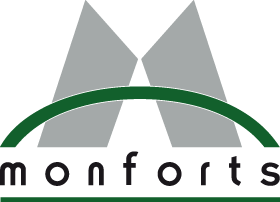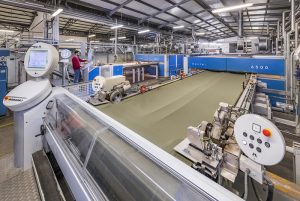COLOGNE, Germany — March 13, 2025 — The Advanced Recycling Conference (ARC) 2025 is setting the stage for innovation. Being the leading event in its field, ARC is renowned for its unique blend of hands-on recycling solutions and cutting-edge research in advanced recycling technologies. Taking place on November 19-20 in Cologne, Germany, and online, ARC 2025 continues to be the benchmark for innovation in recycling. As the industry faces increasing pressure, ambitious EU targets and evolving market demands, ARC 2025 offers a vital platform for industry leaders, researchers, investors, and policymakers to explore practical solutions and visionary concepts.
Researchers and industry professionals are invited to share their latest achievements by submitting abstracts by July 31, 2025, and present groundbreaking work to a global audience of recycling experts. Abstract submission is open via https://advanced-recycling.eu/call-for-abstracts/.
ARC 2025 will cover a wide range of technologies, including extrusion, dissolution, solvolysis, enzymolysis, pyrolysis, and many more such as pre- and post-treatment technologies (e.g. sorting/identification and upgrading), digital solutions (e.g. utilization of AI, blockchain), and life cycle assessments. With a focus on fostering partnerships and effective value chains, ARC 2025 provides ample opportunities for networking among technology providers, related industries, waste management companies, brands, investors, policymakers, and scientists.
Conference highlights
ARC has established itself as the go-to conference for those seeking insights into both practical applications and forward-thinking research in advanced recycling. The event will delve into crucial topics such as optimal technology selection for various waste streams, methodologies for evaluating environmental impact, and emerging technologies with potential areas of application. A dedicated session on policy will discuss framework conditions necessary to foster investments in this field.
Registration and early bird discount
On-site and online registration for ARC 2025 is now open, offering a 20% percent early bird discount for those who register promptly and pre 16 July 2025.
Registration options are available at https://advanced-recycling.eu/registration/.
Opportunities for Sponsoring and Exhibition
The Advanced Recycling Conference 2025 is sponsored by the visionary companies BUSS ChemTech and Starlinger Recycling Technology.
ARC 2025 offers excellent opportunities for companies to increase their visibility among industry peers through sponsorship and exhibition. Exhibition booths are available, providing a prominent platform to network with international participants. Interested parties can explore various sponsoring options, and the ARC team is open to developing new individual ideas.
More information on sponsorship and exhibition opportunities is available at https://advanced-recycling.eu/sponsoring/ and https://advanced-recycling.eu/exhibition-booking/.
For additional information on the Advanced Recycling conference 2025 visit https://advanced-recycling.eu.
Posted March 14, 2025
Source: Advanced Recycling Conference 2025

